A Guide to Funeral Flowers: What Each Bloom Really Means
The types of funeral flowers you choose can express emotions we don’t always know how to say… things like love, respect, sorrow, or remembrance.

Grief doesn’t always make sense, and it definitely doesn’t come with instructions. When someone we care about passes away, it can be really hard to find the right words. We want to show love, offer comfort, say something that truly matters, but sometimes, nothing we say feels like enough.
That’s when flowers can quietly speak for us.
The types of funeral flowers you choose can express emotions we don’t always know how to say… things like love, respect, sorrow, or remembrance. Every flower has its own quiet meaning, and when you choose them with care, they can say a lot without a single word.
In this guide, we’ll explore the most common funeral flowers and what they symbolize, so whether you're planning a service or simply want to send something meaningful, you'll feel more confident choosing flowers that say what words can’t.
Why We Send Flowers in Times of Loss
There’s a reason flowers have been part of funerals for centuries. They offer comfort without needing to explain themselves. In times of loss, when emotions are high and words feel heavy, flowers gently fill the silence with something softer: beauty, warmth, and presence.
Different cultures and traditions have used flowers to honor the dead, to bring peace to the grieving, and to symbolize the cycle of life and death. They're not just pretty decorations. They're emotional messengers.
Whether it’s a single rose or a full arrangement, the gesture says: I see you. I remember. I care.
The Symbolism of Funeral Flowers
Not all flowers carry the same message. Some whisper peace. Others reflect strength, memory, or eternal love. Understanding the symbolism behind the most common types of funeral flowers can help you choose blooms that speak straight from the heart.
Here are 10 meaningful options and what they quietly say:
1. Lilies: The Soul at Peace
Soft and elegant, lilies are often linked to purity and the soul’s return to a peaceful state. They’re a timeless choice for spiritual comfort.
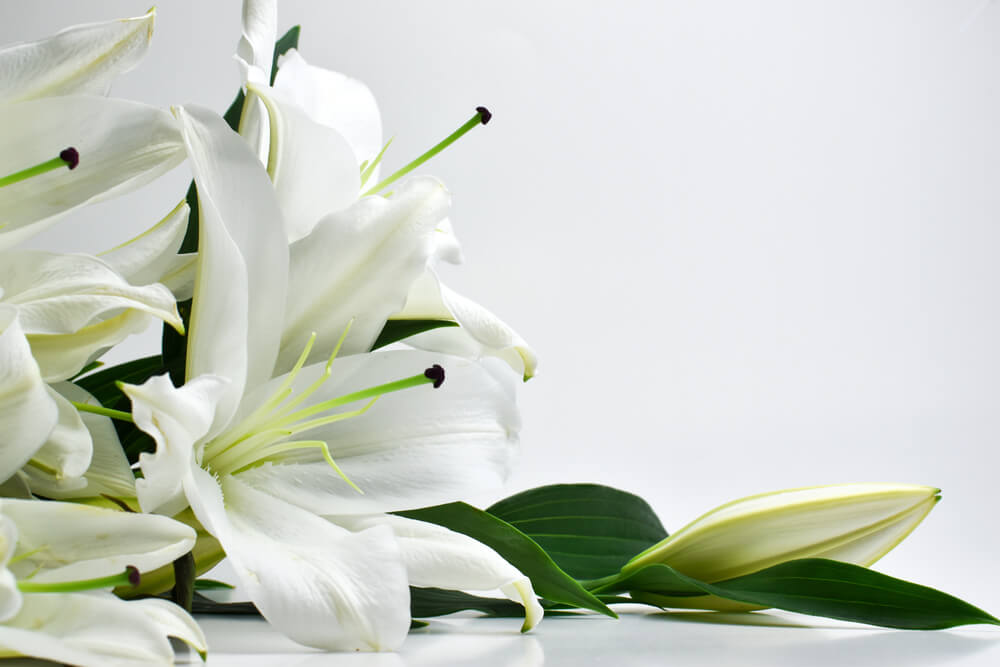
2. Roses: Love, Loss, and Deep Respect
Roses carry layers of meaning. Red represents deep love and grief. White symbolizes innocence. Yellow stands for friendship. Each color speaks differently.

3. Carnations: Loyalty and Devotion
Long-lasting and full of meaning, carnations express remembrance and care. Pink ones often honor a mother’s love. Red symbolizes admiration.

4. Chrysanthemums: Grief and Spiritual Truth
In many parts of the world, “mums” are used strictly for funerals. They carry weight, representing mourning, truth, and a respectful farewell.
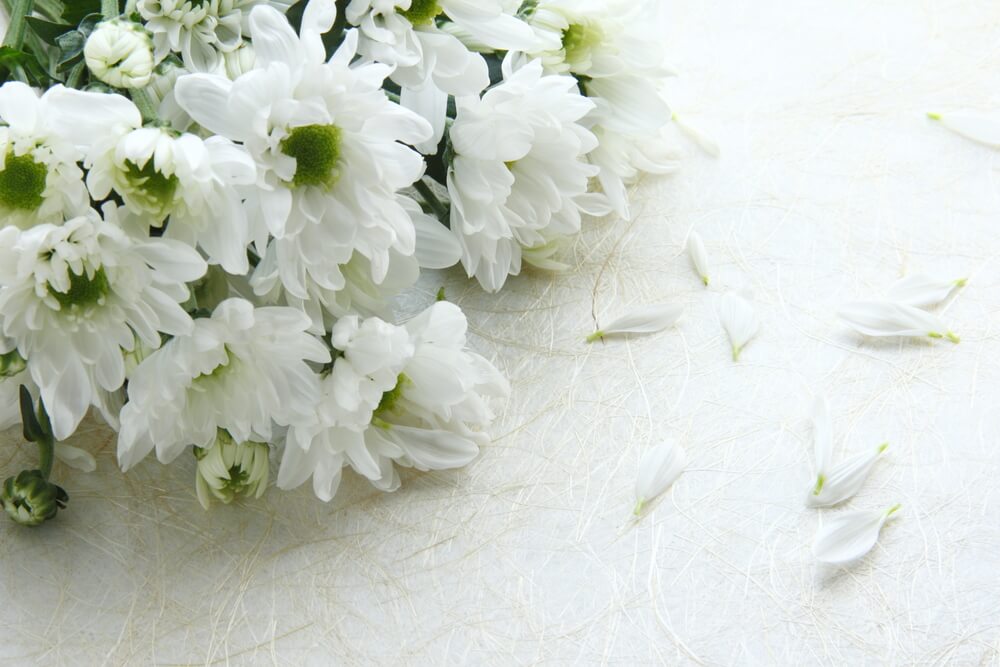
5. Orchids: Timeless Love and Admiration
Orchids are delicate but strong. They represent lasting love and deep respect. White and pink varieties are especially popular in sympathy arrangements.
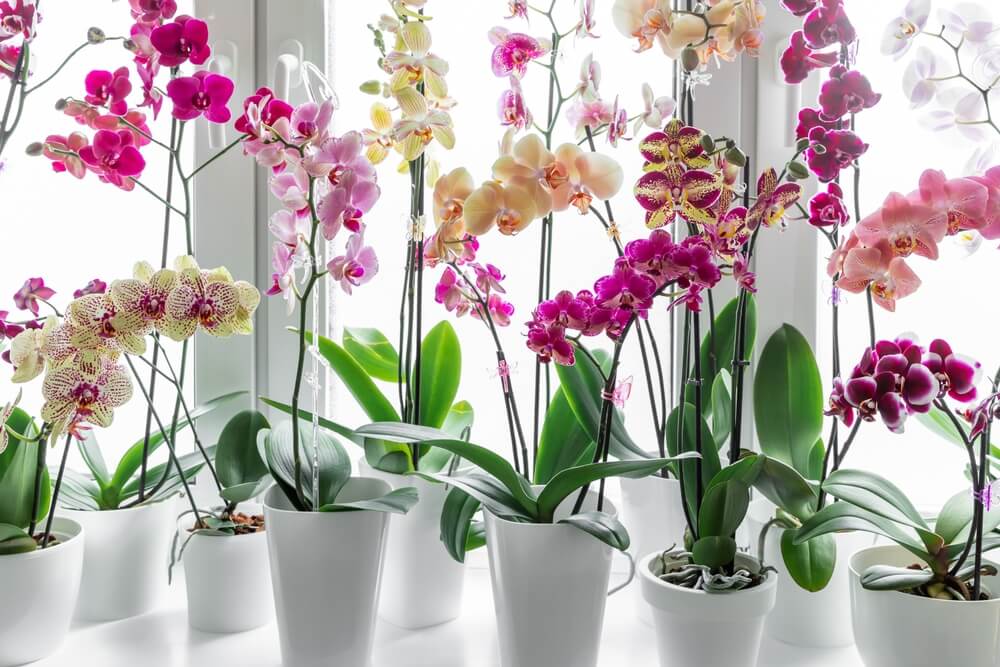
6. Gladiolus: Strength and Integrity
These tall, striking blooms symbolize inner strength and moral character. A beautiful way to honor someone who lived with purpose.

7. Tulips: Grace, Renewal, and Letting Go
Tulips bring a sense of calm and quiet beauty. Often chosen for their simplicity, they also represent new beginnings and emotional healing.
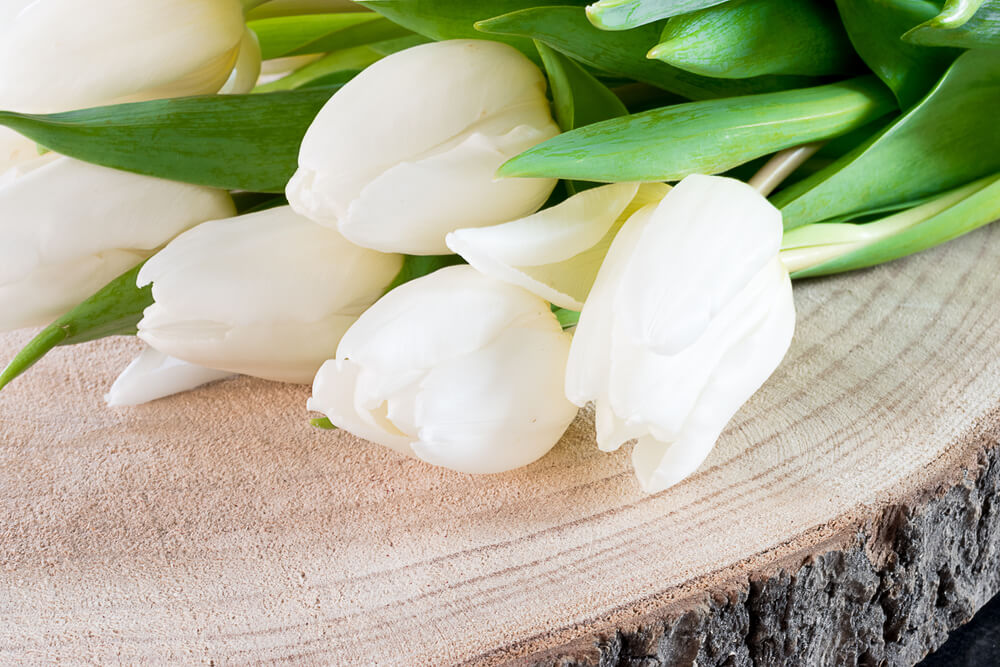
8. Hydrangeas: Compassion and Sincerity
Full and expressive, hydrangeas are a symbol of heartfelt emotion. They’re often used to offer comfort and connection to the grieving.
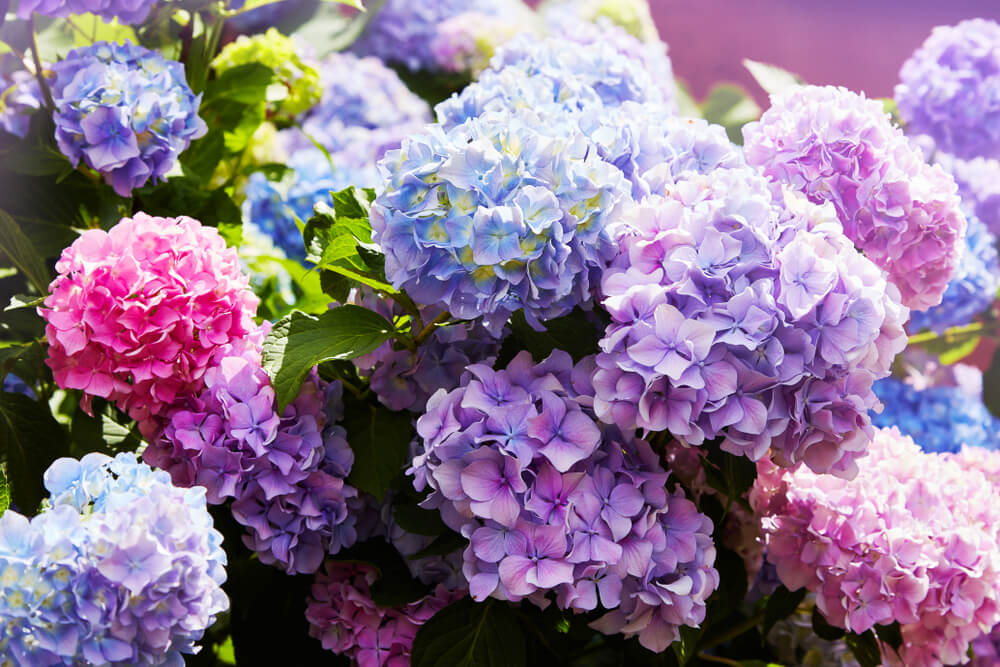
9. Forget-Me-Nots: Eternal Remembrance
These tiny blue blooms carry a powerful message: You are not forgotten. A sweet, understated flower that holds deep meaning.
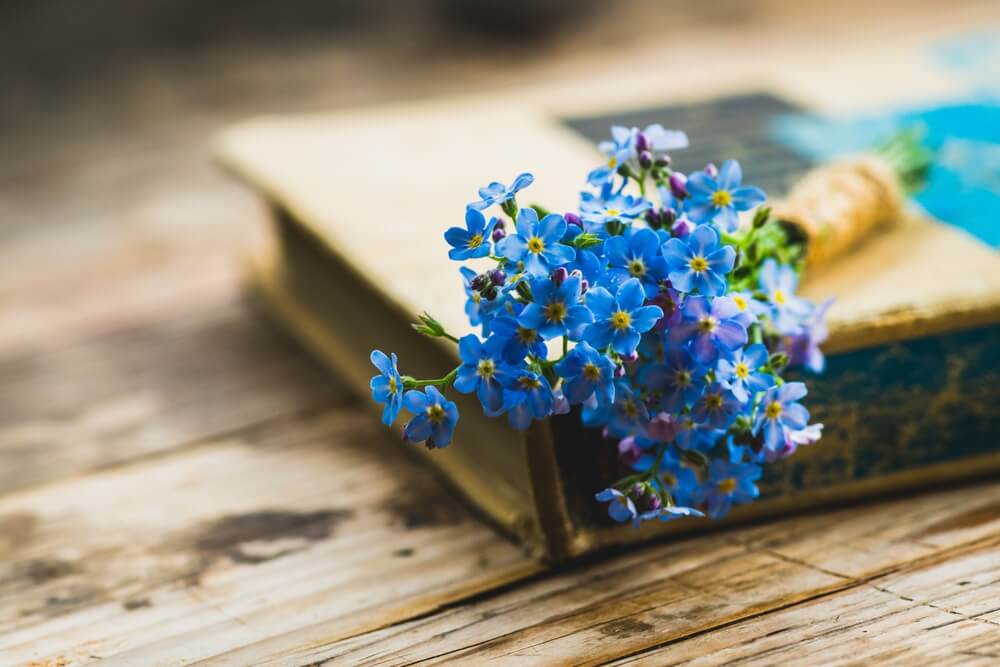
10. Daisies: Innocence and Gentle Farewells
Simple and sweet, daisies often symbolize purity. They’re especially meaningful in memorials for young people or those with a gentle spirit.
How to Choose the Right Flowers for Your Tribute
There’s no “perfect” flower for loss… only the one that feels right for you. When choosing funeral flowers, think about the person you're honoring. Were they strong and bold? Quiet and kind? Did they have a favorite color, a go-to flower, or a unique energy that could be captured through blooms?
Also consider the message you want to send. A single orchid can say “I’ll love you forever.” A mix of tulips and lilies might offer peace and grace. Even color matters - white for purity, red for love, yellow for friendship.
Mixed arrangements are a beautiful way to combine meaning, especially when honoring someone with many sides. And remember: personal always outweighs perfect.
Let Your Choice Be a Reflection of Love
At the end of the day, choosing funeral flowers is about more than tradition or symbolism; it’s about love. Whether you’re sending a full arrangement or just a single bloom, what matters most is the intention behind it.
Let your choice reflect what you feel. Honor their memory in a way that feels personal and sincere. Because in times of loss, it’s not about getting everything right. It’s about showing up with heart.
And sometimes, a flower says what words never could.
Also Read: Meaningful Messages: What to Write on a Funeral Flower Note
